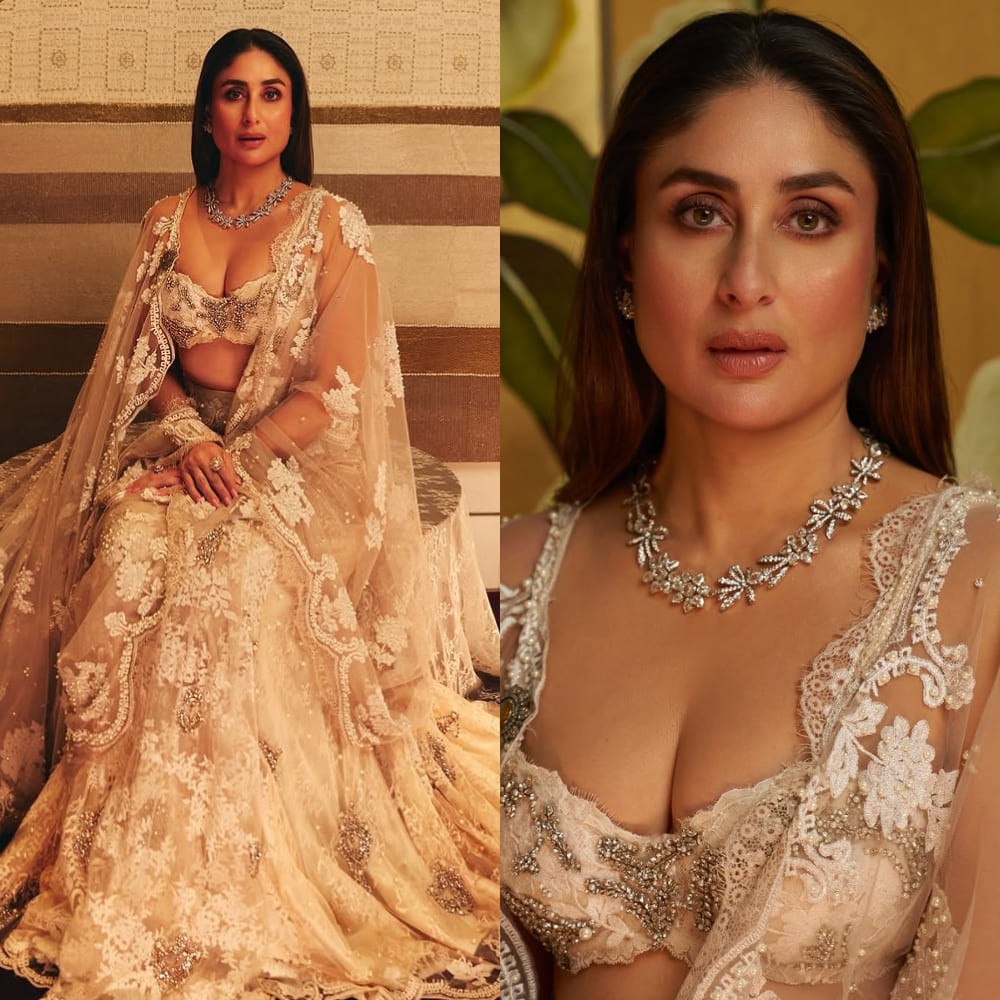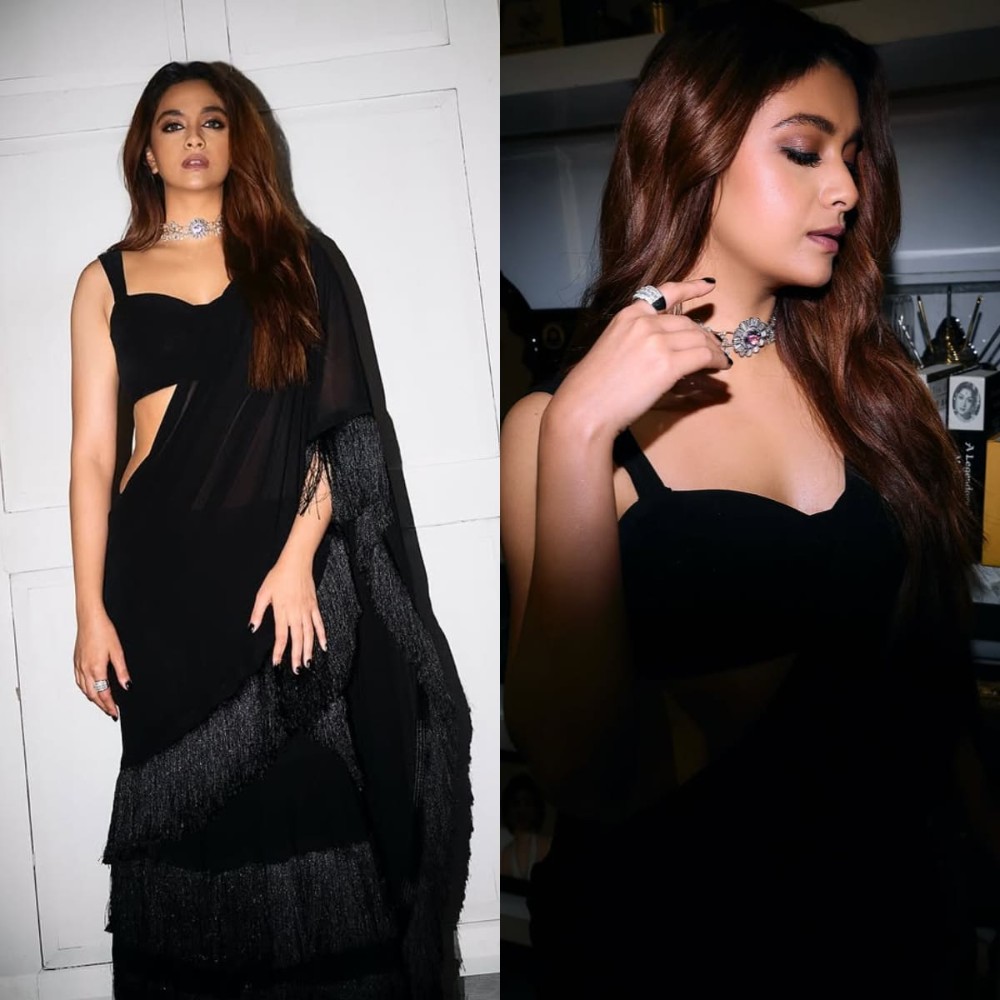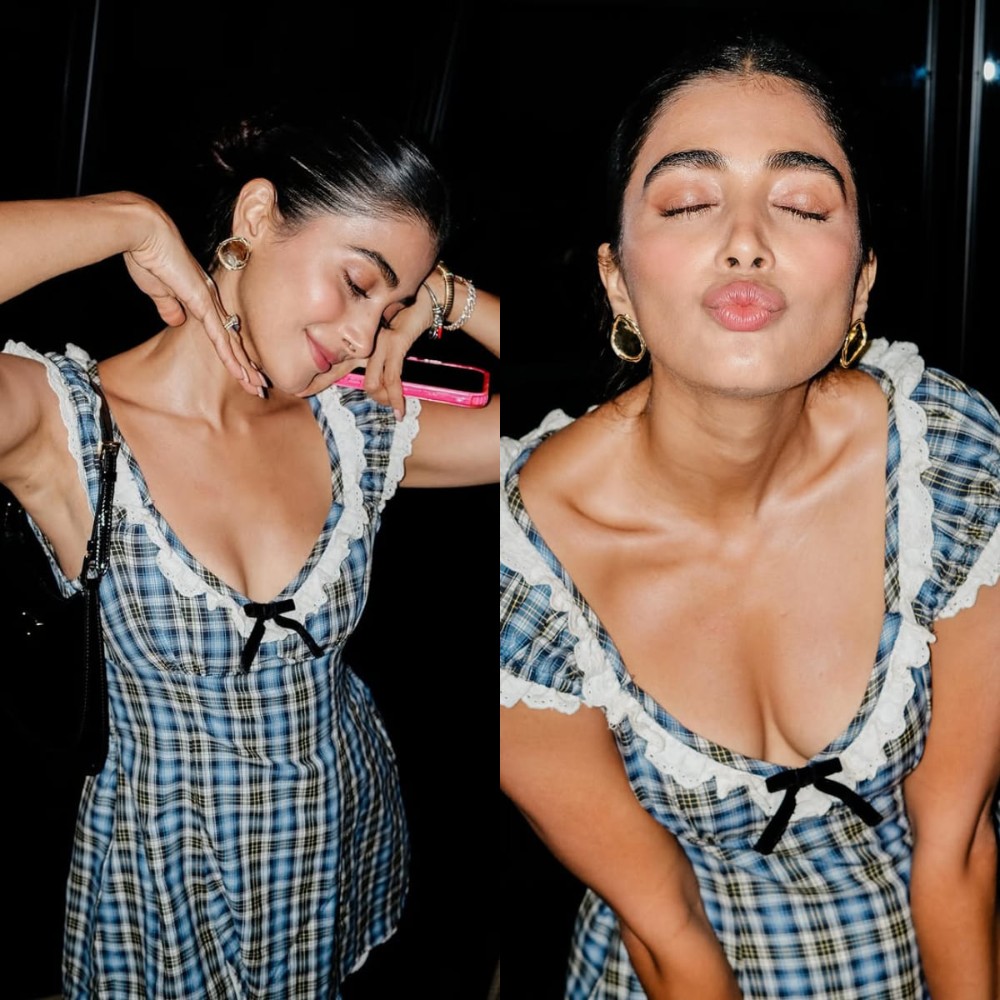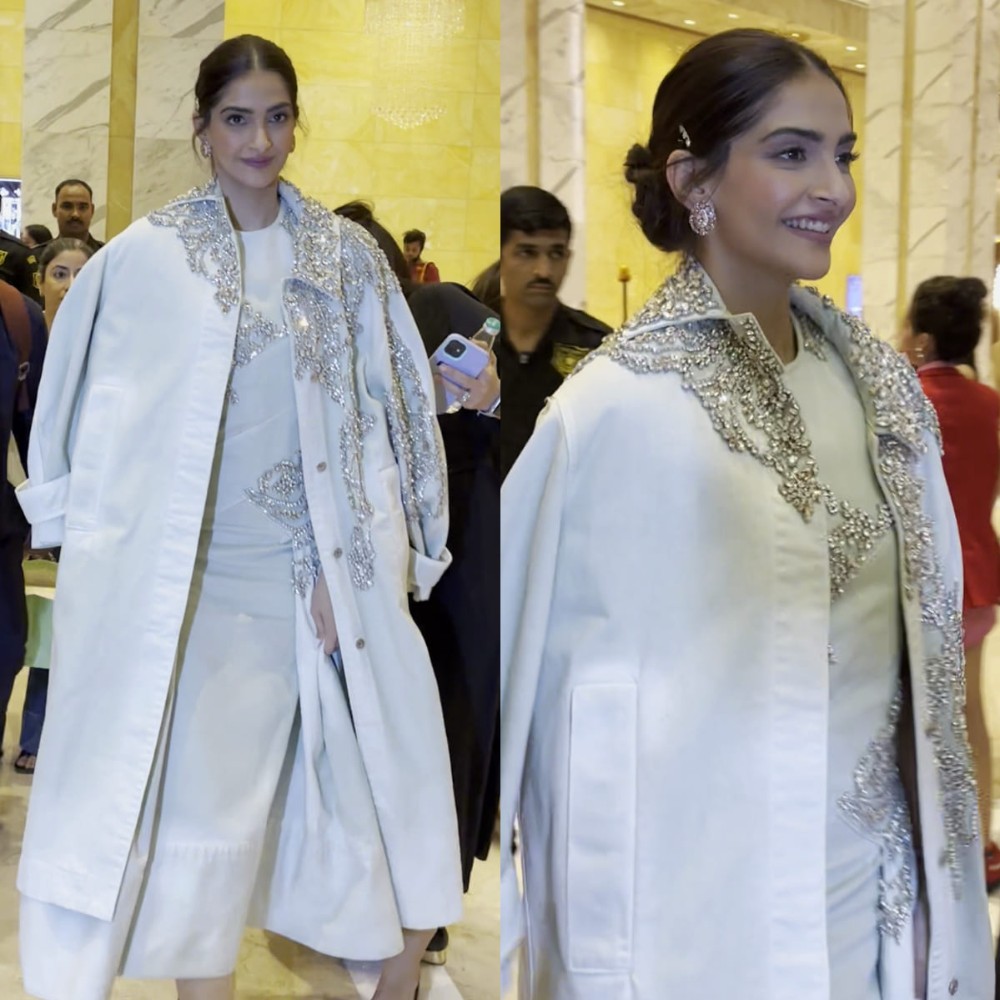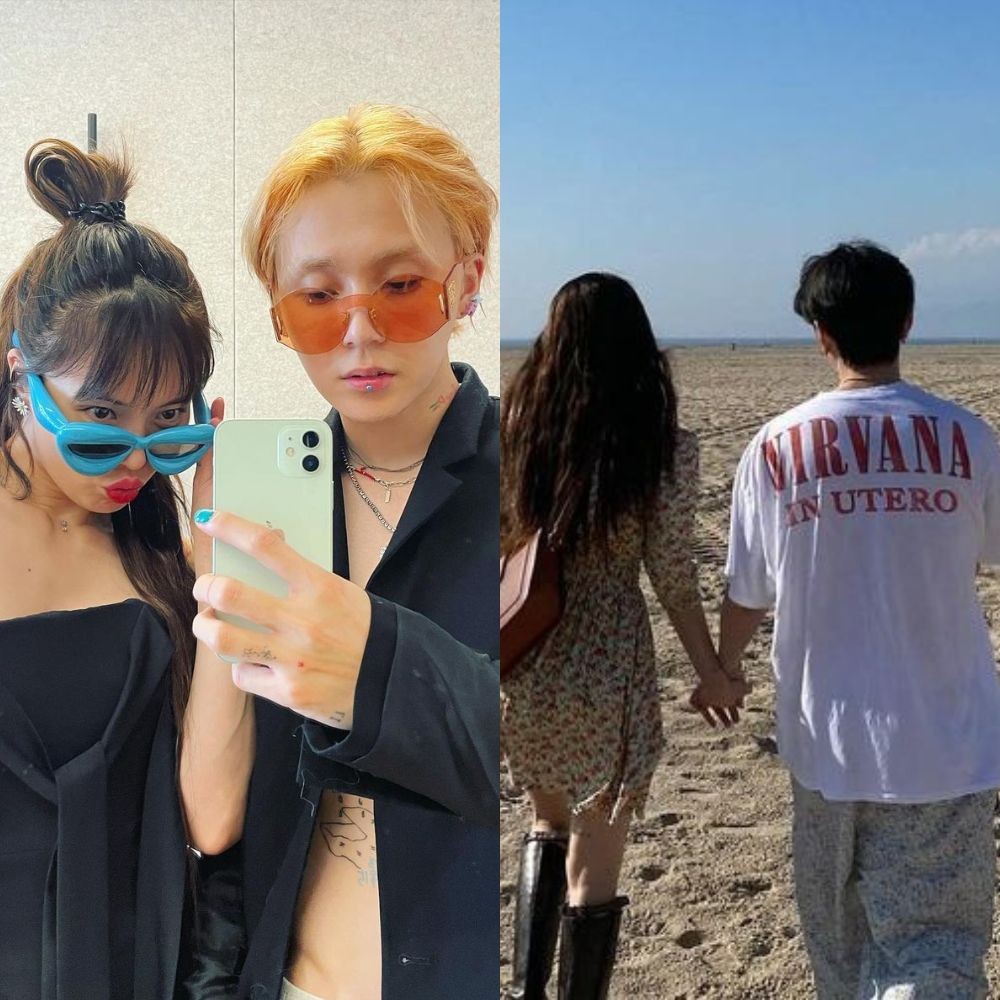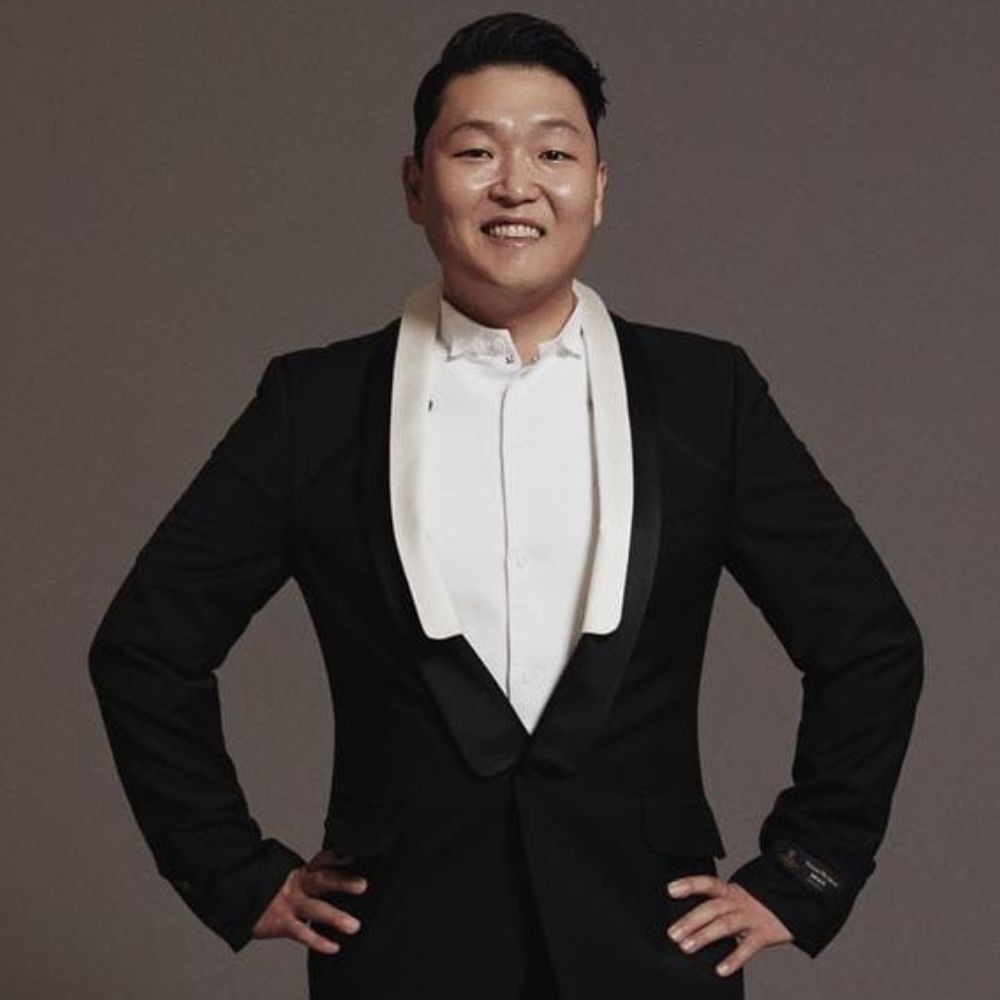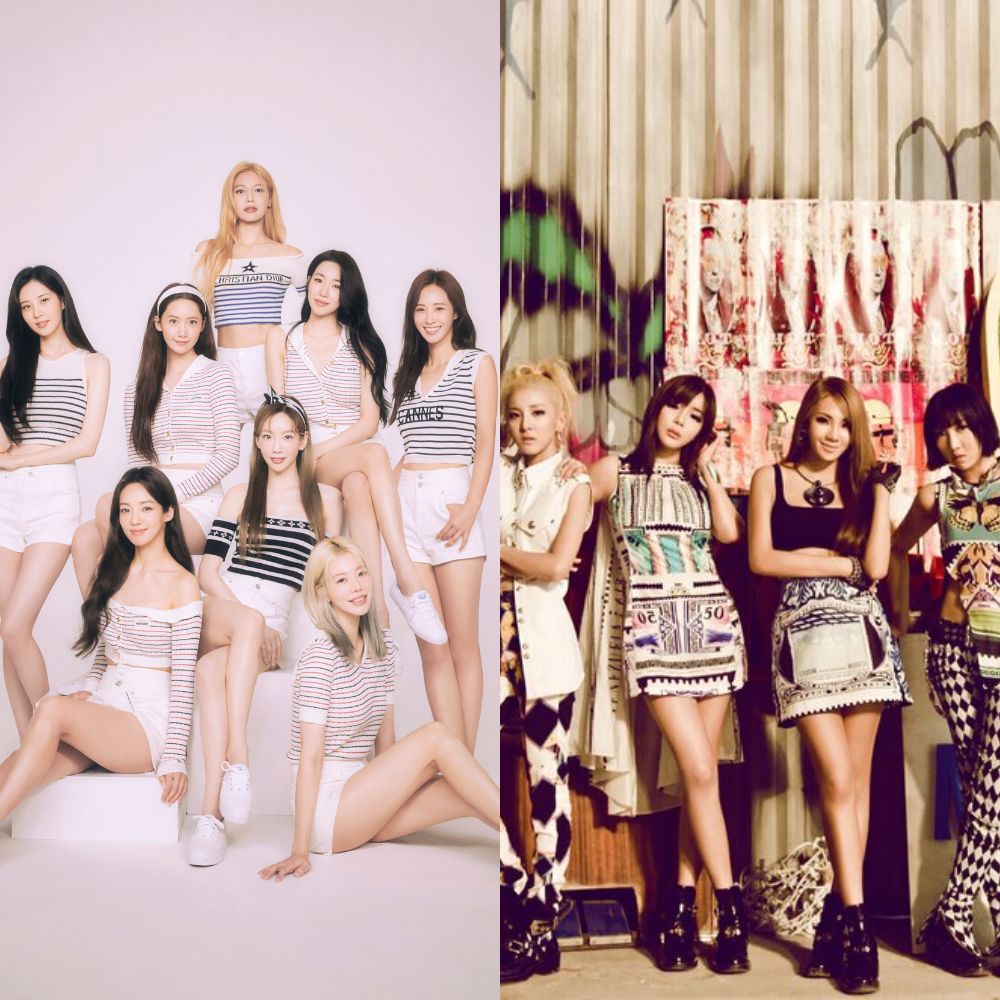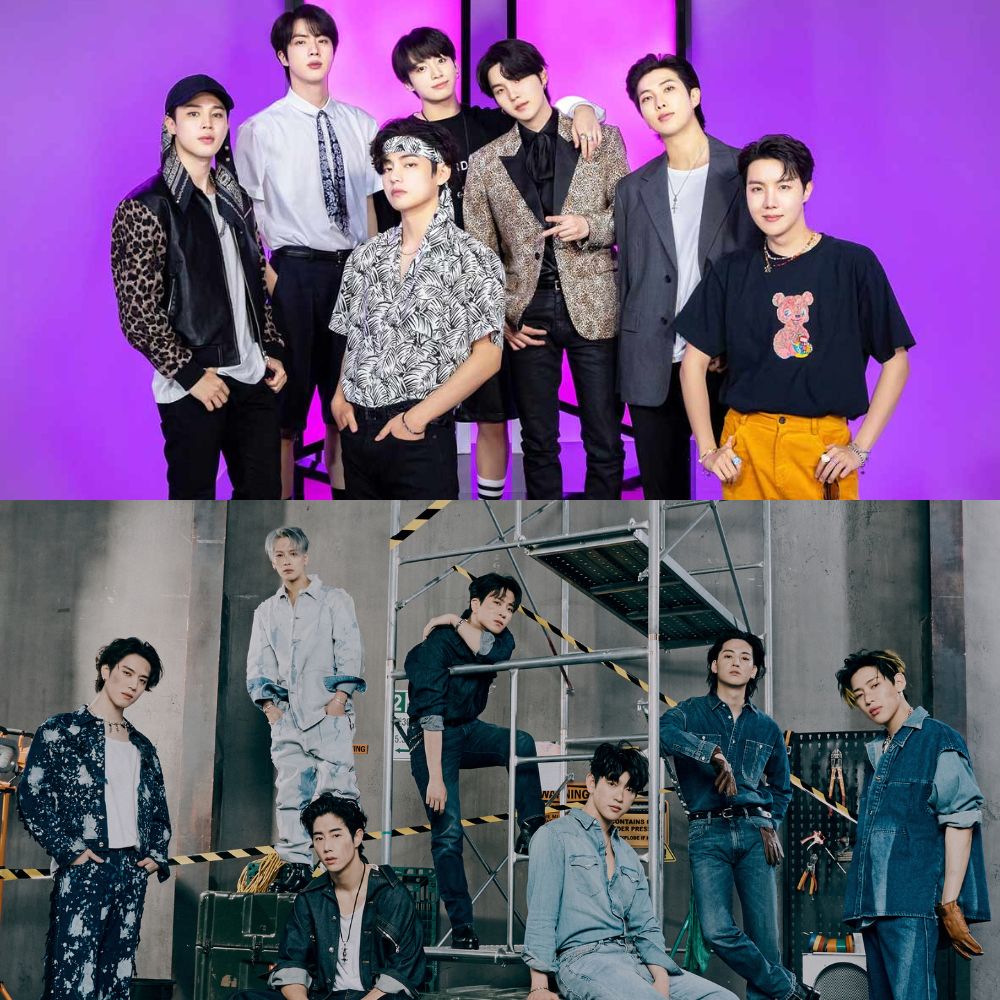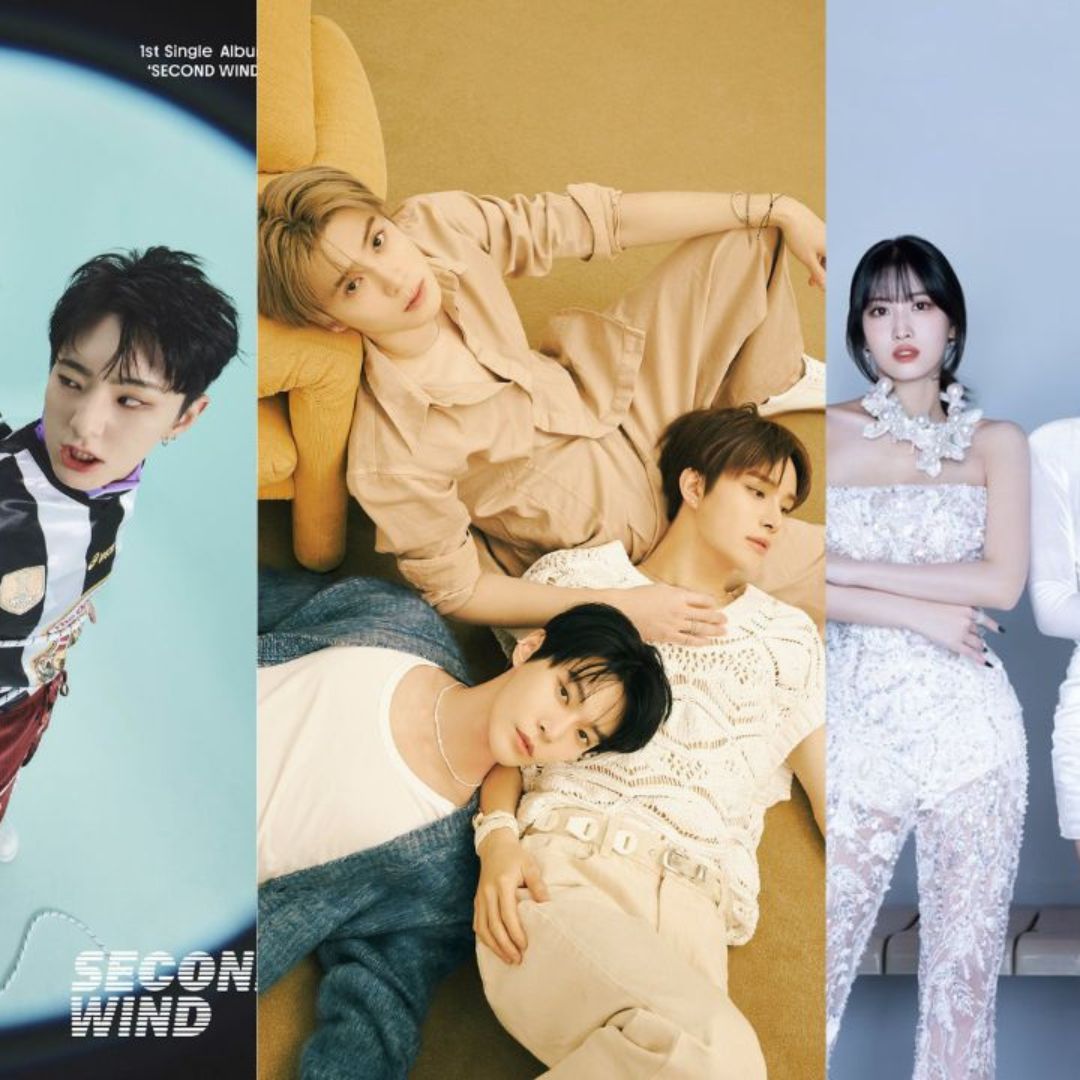7 coed K-pop groups to check out: KARD, Clazziquai, Triple H, and more
Despite facing commercial challenges, these 7 coed K-pop stars have left a mark on the industry with their exceptional talent. Read on!
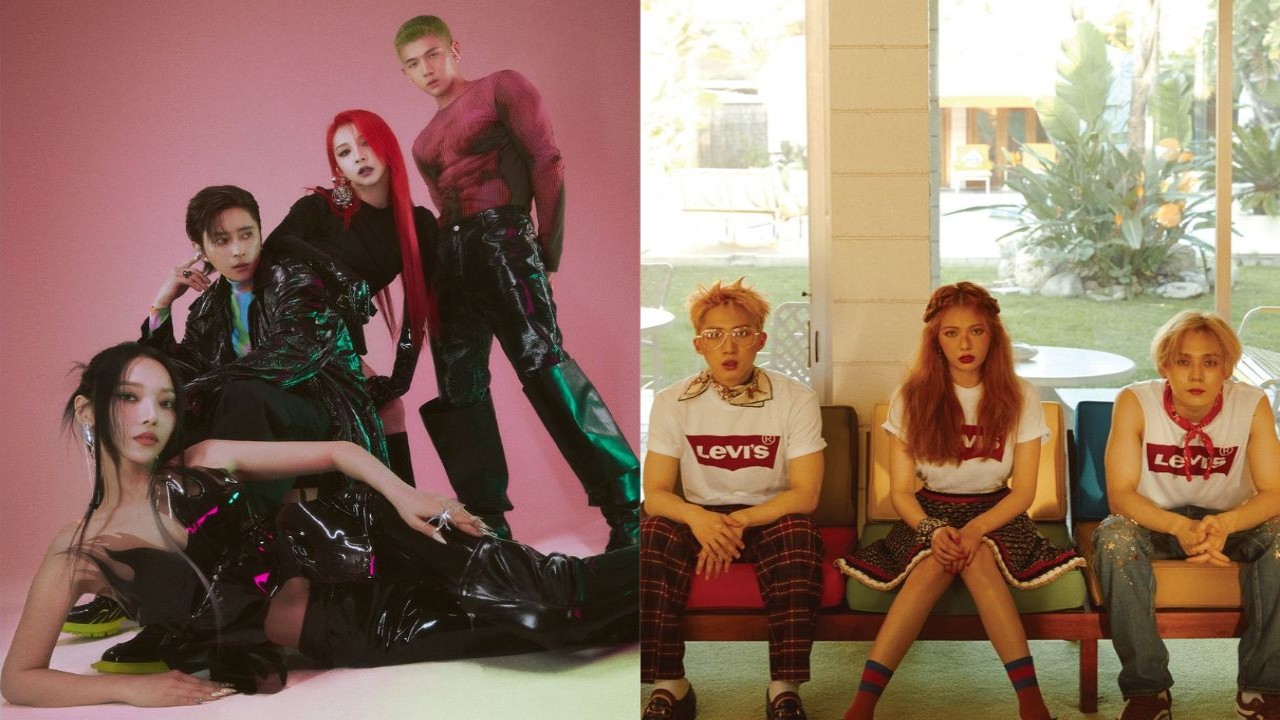
In the dynamic landscape of K-pop, coed groups stand out as unique entities, challenging the conventional norms of the industry dominated by same-sex idol groups. While historically less commercially successful, coed K-pop groups have made significant strides, showcasing exceptional musical talent and paving the way for future endeavors.
In this article, we delve into 7 coed K-pop groups that have left an indelible mark on the genre. From their innovative concepts to their diverse compositions, these groups have captivated audiences worldwide, proving that gender diversity can indeed thrive within the vibrant world of K-pop.
Here are the top 7 coed K-pop groups you need to know
Enlisted below are 7 coed K-pop groups that have proven to be trailblazers in the industry.
1. KARD
Members: Somin, Jiwoo, J.Seph, BM
Debut date: July 19, 2017
As the latest and arguably most prominent co-ed idol group in K-pop, KARD made their debut in 2017, marking a significant milestone in the genre. Unlike recent male-female subunits or special units, KARD stands out as the first authentic co-ed group to emerge in years, captivating audiences with their infectious tracks and charismatic members.
With a steadily expanding fanbase, KARD harnesses the unique dynamic between male and female members to explore a diverse array of concepts, choreographies, and music video narratives, solidifying their position as trailblazers in the ever-evolving landscape of K-pop.
2. Urban Zakapa
Members: Park Yong In, Jo Hyunah, and Kwon Soon Il
Debut date: 2009
Urban Zakapa, formed in 2009, transitioned from a nine-member group to a trio consisting of Park Yong In, Jo Hyunah, and Kwon Soon Il. Their blend of R&B and soul captured attention, leading to chart-topping hits like I Hate You and Walk Backwards. The group's versatility was showcased through collaborations with artists like SISTAR's Soyou and rapper Beenzino.
Their 2016 album Still marked a successful comeback, with the title track I Don't Love You achieving a perfect all-kill on Korean music charts. Urban Zakapa's enduring popularity and musical prowess solidify their status as R&B stalwarts in the K-pop industry.
3. Trouble Maker
Members: HyunA and Hyunseung
Debut: 2011
Trouble Maker, formed in 2011 by Cube Entertainment, brought together Hyunseung from BEAST and HyunA from 4Minute and Wonder Girls. Their debut mini-album and single, both titled Trouble Maker, made waves with a private-party concept and an on-stage kiss at the 2011 Mnet Asian Music Awards.
Despite controversy over their sexually suggestive choreography, they secured the triple crown on M! Countdown. In 2013, their EP Chemistry featured the hit single Now, known for its edgy music video. The duo's departure from Cube Entertainment in 2018 and 2021 marked the end of an era in K-pop's coed duo landscape.
4. MFBTY
Members: Tiger JK, Yoonmirae, Bizzy
Debut: 2013
MFBTY, acronym for My Fans (Are) Better Than Yours, is a pioneering Korean hip-hop trio under Feel Ghood Music, comprising Tiger JK, Yoonmirae, and Bizzy. Debuting in 2013 with Sweet Dream, initially a temporary project under Drunken Tiger, they returned to MFBTY and released their first full-length album, Wondaland, in 2015.
Their innovative music, blending rap, R&B, and pop, coupled with visually striking performances, garnered widespread acclaim and international recognition. MFBTY's impact extends beyond music, shaping the landscape of Korean hip-hop and fostering a global following with their distinctive style and unwavering authenticity.
5. Clazziquai
Members: DJ Clazzi, Alex, Horan, Christina Chu
Debut: 2001
Clazziquai, emerged as a groundbreaking force in South Korean music, fusing electronic, acid jazz, and house genres into their signature electropop sound. Initially gaining traction through online releases in 2001, they rose to prominence with their debut album Instant Pig in 2004, selling over 80,000 copies.
Their songs, notably Be My Love and She Is, featured in the hit drama My Lovely Samsoon, catapulted them to widespread recognition. Over the years, Clazziquai continued to captivate audiences with albums like Love Child of the Century and Travellers, cementing their status as pioneers in the Korean music scene.
6. 8Eight
Members: Lee Hyun, Baek Chan, Joo Hee
Debut: 2007
8Eight, a pioneering "hybrid" vocal trio from South Korea, comprised of Baek Chan, Lee Hyun, and Joo Hee, emerged victorious in the first season of MBC's Show Survival. Debuting on MBC's Show! Music Core in August 2007, they swiftly captured the hearts of audiences with their exceptional vocal prowess.
However, their journey took a pause in October 2012 when Lee Hyun commenced his mandatory military service. Despite their hiatus, they returned in September 2014 with their final single, "Don't Go Crazy." Sadly, the group disbanded in December 2014 following the expiration of contracts with Big Hit Entertainment and Source Music.
7. Triple H
Members: HyunA, PENTAGON’s Hui, E’Dawn
Debut: 2017
Triple H, a dynamic musical trio formed by Cube Entertainment, brought together the talents of HyunA alongside PENTAGON members Hui and E'Dawn. Their vibrant debut EP, 199X, unveiled in May 2017, showcased the hit single 365 Fresh, sparking both chart success and controversy for its bold themes.
Building on their momentum, Triple H returned in July 2018 with the EP Retro Futurism, featuring the catchy track Retro Future. However, their journey was cut short as Cube Entertainment confirmed the departure of Hyuna and E'Dawn following the revelation of their relationship, marking the end of Triple H's promising trajectory.
From the infectious beats of KARD to the innovative sounds of Clazziquai, these coed K-pop groups have showcased exceptional talent and creativity, captivating audiences worldwide. Despite facing challenges and controversies, they have persevered, pushing boundaries and redefining what it means to be a K-pop idol. As the genre continues to evolve, the legacy of these coed groups serves as a testament to the power of diversity and collaboration in shaping the future of K-pop.
Stay updated with the latest Hallyu news on: Instagram, YouTube, Twitter, Facebook, and Snapchat
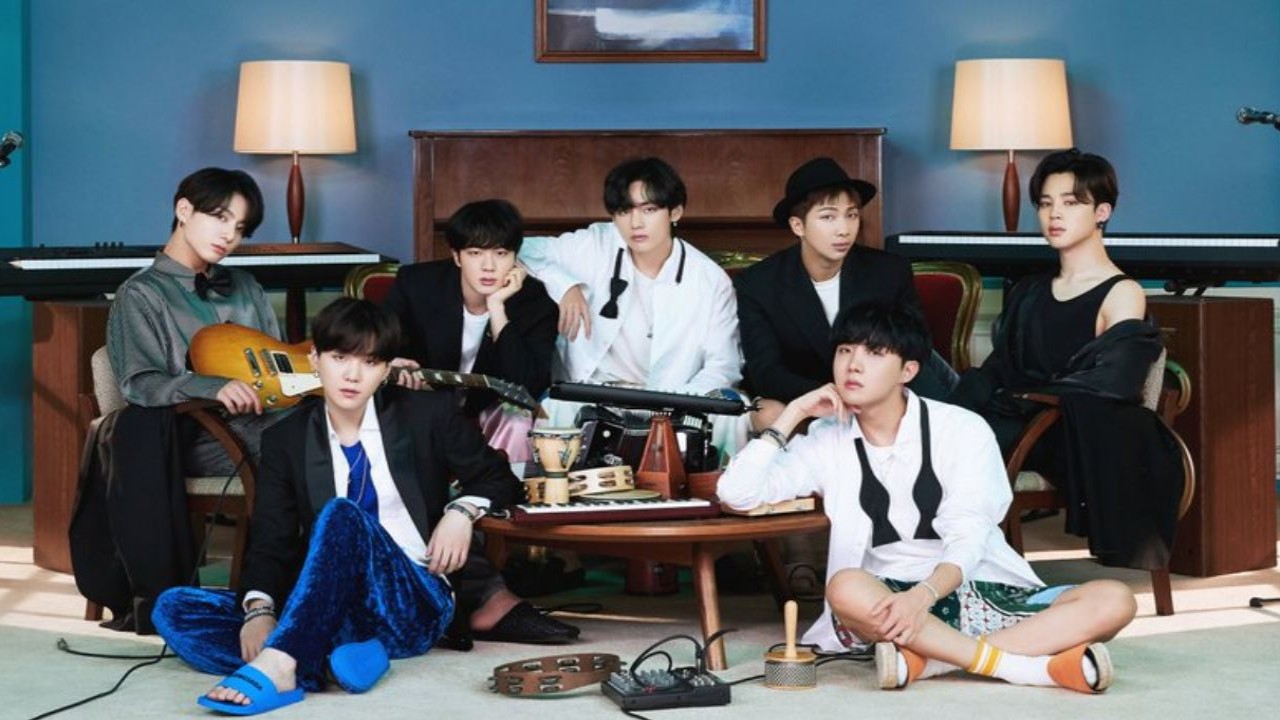
BTS announces POP-UP: MONOCHROME in Tokyo, Bangkok, LA and more cities; unveils new trailer for project





 JOIN OUR WHATSAPP CHANNEL
JOIN OUR WHATSAPP CHANNEL





















